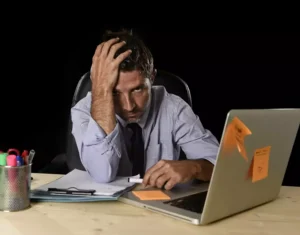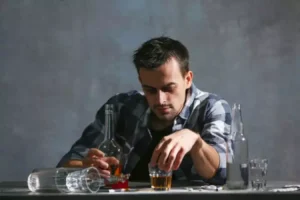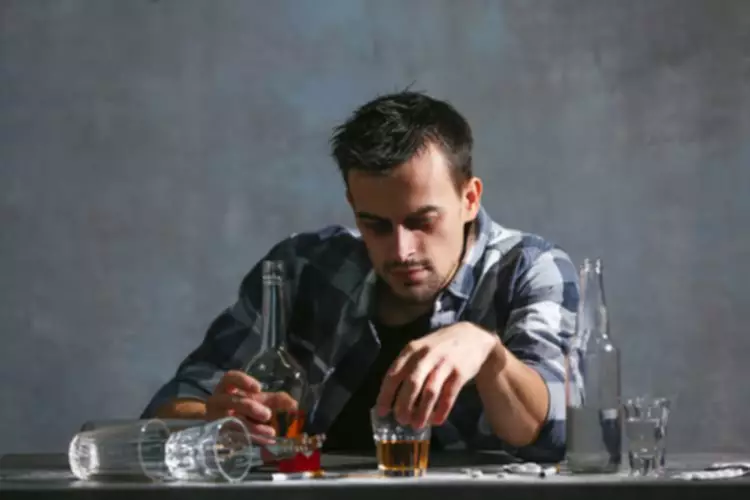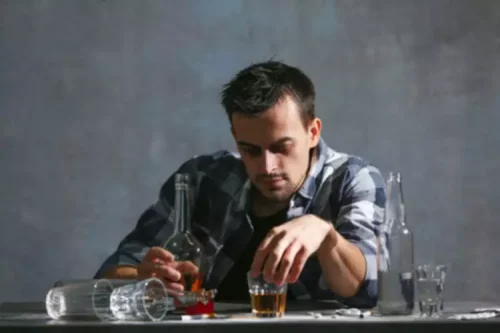Will Alcohol Raise Blood Pressure? Understanding the Risks and Effects

“Hangxiety” describes the regret, worry, and levels of anxiety felt after a night of heavy drinking. While the term may be informal, the science isn’t—there’s plenty of data to explain this experience. Drinking water between alcoholic beverages helps maintain hydration levels.
- Both acute intoxication and cessation of prolonged drinking may lead to increased anxiety and panic episodes in susceptible individuals.
- Alcohol can cause a panic attack while we’re drunk or after we drink, and it can increase our risk for a panic attack to recur.
- Dr. Azadeh Beheshtian is certified by the American Board of Internal Medicine in both cardiovascular disease and internal medicine.
How alcohol can cause anxiety and why you shouldn’t treat anxiety with alcohol

Nature or ‘green therapy’ has a proven effect on anxiety levels and calming panic attacks. Additionally, incorporating stress-reduction techniques such as mindfulness, exercise, and relaxation exercises can help alleviate anxiety symptoms. Developing coping strategies and seeking support are essential steps in managing anxiety during this transition. Engaging in therapy, whether individual or group-based, can provide valuable tools for addressing underlying triggers and learning healthy coping mechanisms. The relationship between alcohol and anxiety is complex and often cyclical.
Can Drinking Alcohol Cause Anxiety? Understanding Alcohol and Anxiety Attacks
But large doses of can alcohol cause a panic attack alcohol, especially for heavy drinkers, greatly interferes with GABA’s functioning and create feelings of panic. A study showed that 25 percent of people suffering from panic disorder had a history of alcohol use and abuse. An alcohol-induced panic attack can be treated by stopping the consumption of alcohol and engaging in relaxation techniques. Deep breathing, visualization, and mindfulness are all effective ways to reduce anxiety and calm the body. In more severe cases, medications may be prescribed to help reduce the symptoms.
Treatment / Management
- If you believe you or someone you love has anxiety that gets worse with alcohol use, you or your loved one can take steps to treat their anxiety and cut down or stop drinking.
- Let’s explore the key information you should know about dealing with an alcohol-induced panic attack.
- Talking therapies like CBT (cognitive behavioural therapy), can help you learn to spot unhelpful patterns of behaviour and help you to develop coping strategies.
- This comprehensive approach addresses the physical, psychological, and emotional aspects of dual diagnoses, offering individuals the tools needed for sustainable recovery and a healthier future.
Do you ever notice yourself feeling a little out of sorts the day after you drink? Anxiety seems to be a bedfellow of alcohol — and for many reasons. At Talkiatry, we specialize in psychiatry, meaning the diagnosis and treatment of mental health conditions. If you’re regularly experiencing some or all the symptoms listed above, it’s important to seek professional help immediately. Establishing a regular sleep schedule and creating a relaxing bedtime routine can significantly impact anxiety levels.
- When we drink, we might feel calm, happy, and carefree, but shortly afterward, the pendulum swings the other way.
- You’ll also have the opportunity to connect with our licensed Reframe coaches for more personalized guidance.
- In fact, it’s estimated that 20% of people who seek treatment for panic disorders also struggle with alcohol abuse.
- A continuing-care plan is essential to mitigate the risk of relapse.

Her expertise lies in interventional cardiology and peripheral artery disease, with a special emphasis on women’s heart health. Along with her surgical skills, she prioritizes collaborating with patients to prevent serious cardiac or vascular incidents. Her method involves creating carefully tailored care plans aimed at optimizing patient health outcomes. The ER physician referred her to a psychiatrist, who confirmed that Elana Sober living house had experienced a panic attack. Together, they pieced together the puzzle of what contributed to the panic attack.


Alcohol also impacts serotonin levels, which play a crucial role in mood regulation. This interaction may contribute to the link between alcohol https://ecosoberhouse.com/ use and mood disorders. Heavy drinking may cause memory blackouts and cognitive impairment.

Alcohol Disrupts Brain Chemistry
Get mental health updates, research, insights, and resources directly to your inbox. Relaxation techniques, such as practicing mindfulness, can help reduce panic, Oeswein says. Here are a few ideas for mindful breathing exercises to help you relax. Eventually, dependence needs more of a substance to get the same effects.
Step 2 – reduce
Have you ever experienced shortness of breath, a racing heart, trembling, and an overall sense of impending doom after drinking? Panic attacks are intense episodes of super-high anxiety and intense fear. While panic attacks typically occur out of nowhere for no reason, alcohol intake can directly or indirectly trigger them for some people. Alcohol consumption can trigger panic attacks through direct physiological effects and withdrawal symptoms.
Alcohol is a depressant that greatly alters the drinker’s mental state by directly affecting the central nervous system, particularly slowing down the nerve cells of the brain. Furthermore, alcohol impacts GABA, which is a neurotransmitter in the brain that performs an inhibitory function and reduces or completely blocks the activity of certain cells in the brain. Although this interaction of GABA and alcohol produces a calm state, it is only for a short while, after which the person begins to feel anxious.